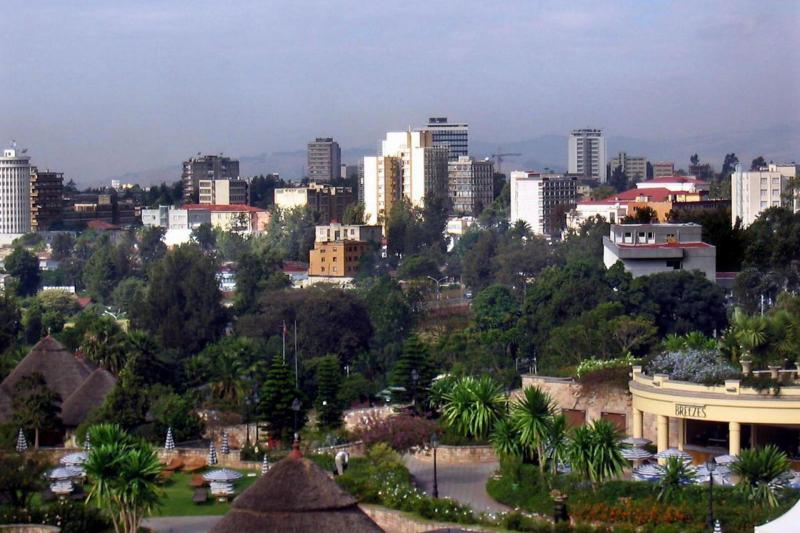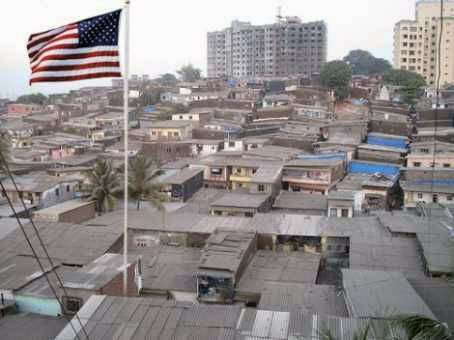Mikeoxenormous
Diamond Member
The whites came in and the people were living in shit houses, civilization was brought with the white man, yet when whites were chased out by black dictators, soon the countries went back to shit houses......Now let's get down to the nitty gritty.
ALL RIISE!
5. 1 Expatriation of African Surplus under Colonialism
(d) The Colonial Administration as Economic Exploiter
In Britain, the notorious slave-trading port of Liverpool was the first to switch to palm oil early in the 19th century when the trade in slaves became difficult or impossible. This meant that Liverpool firms were no longer exploiting Africa by removing its labour physically to another part of the world. Instead, they were exploiting the labour and raw materials of Africa inside Africa.
It was on this very issue of currency that the colonial government did the most manipulations to ensure that Africa’s wealth was stashed away in the coffers of the metropolitan state. In the British colonial sphere, coins and notes were first issued through private banks. Then this function was taken over by the West African Currency Board and the East African Currency Board established in 1912 and 1919, respectively. The currency issued by those Boards in the colonies had to be backed by ‘sterling reserves’, which was money earned by Africa. The manner in which the system worked was as follows. When a colony earned foreign exchange (mainly) through exports, these earnings were held in Britain in Pounds Sterling. An equivalent amount of local East or West African currency was issued for circulation in the respective colonies, while the Sterling was invested in British Government Stock thereby earning even more profit for Britain. The commercial banks worked hand in hand with the metropolitan government and the Currency Boards to make the system work. Together they established an intricate financial network which served the common end of enriching Europe at Africa’s expense.
The contribution to sterling reserves by any colony was a gift to the British treasury, for which the colony received little interest. By the end of the 1950s, the sterling reserves of a small colony like Sierra Leone had reached £60 million; while in 1955 the British government was holding £210 million derived from the sale of cocoa and minerals from Gold Coast. Egypt and the Sudan were also heavy contributors to Britain. Africa’s total contribution to Britain’s sterling balances in 1945 was £446 million, which went up to £1,446 million by 1955-more than half the total gold and dollar reserves of Britain and the Commonwealth, which then stood at £2,120 million. Men like Arthur Creech-Jones and Oliver Lyttleton, major figures in British colonial policy-making, admitted that in the early 1950s Britain was living on the dollar earnings of the colonies









